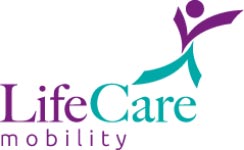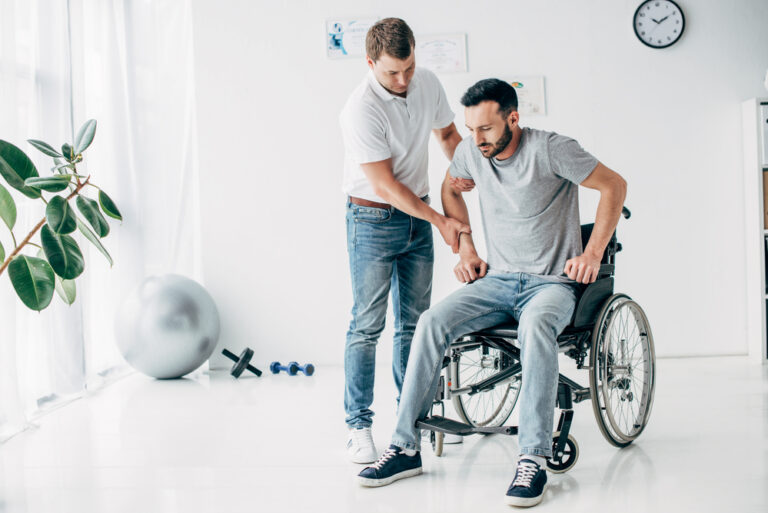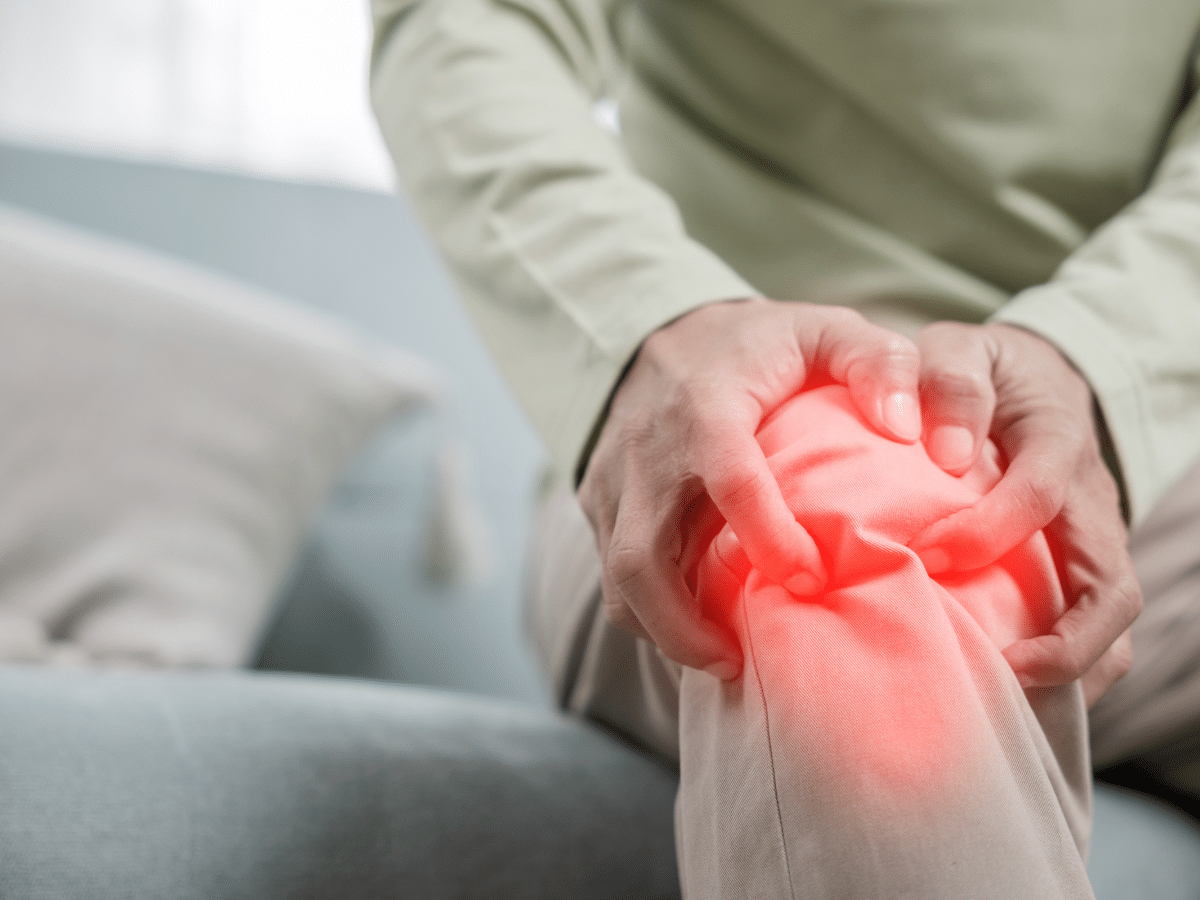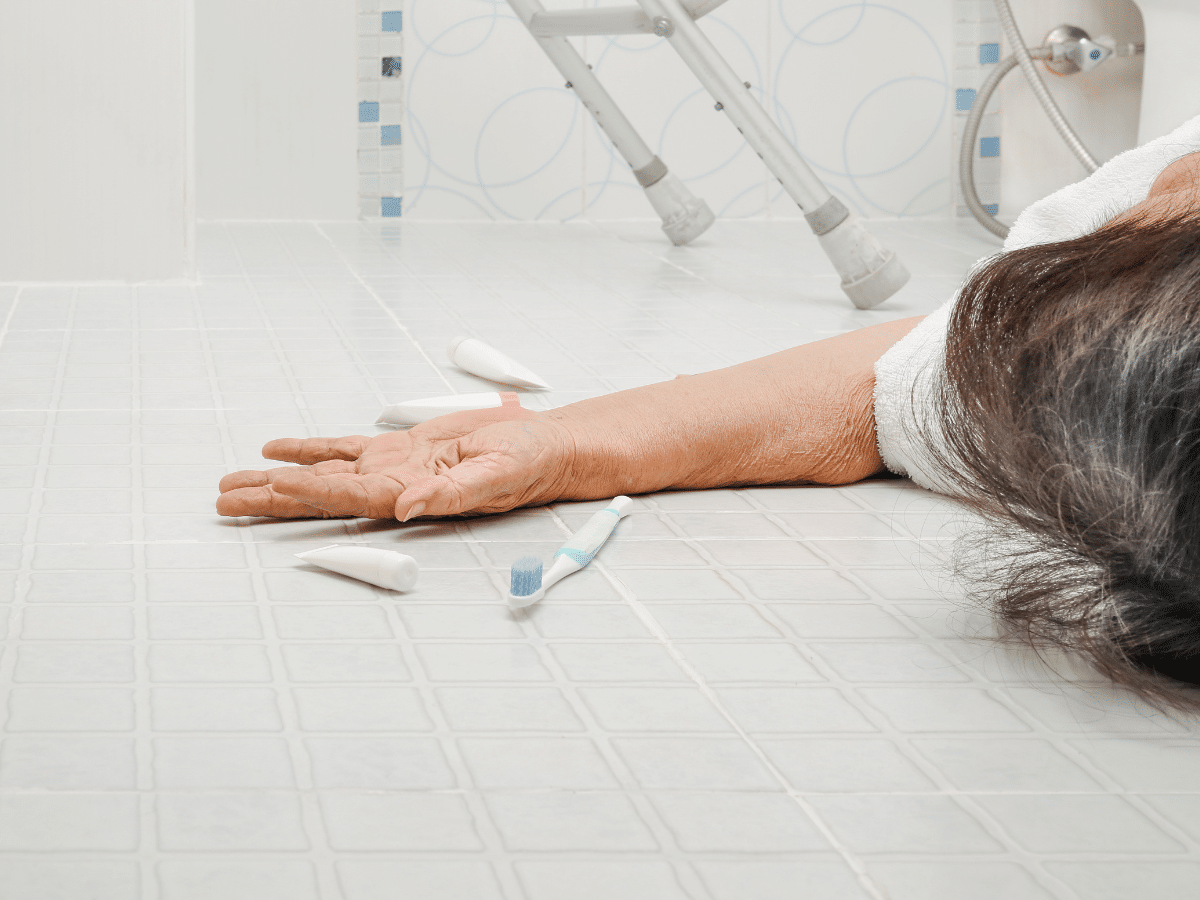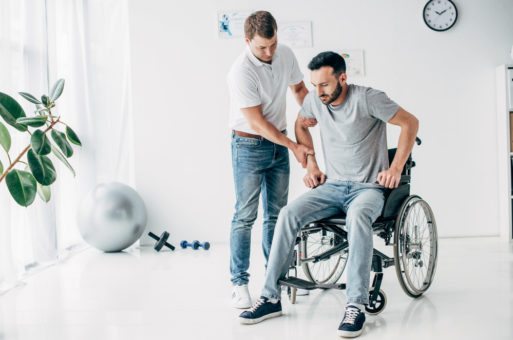 Don’t panic. This is likely a piece of advice you’ve heard numerous times over the past few weeks. The coronavirus pandemic has a lot of people worried – and for good reason. Naturally, there’s nothing more important than our health and this virus is clearly a major health risk. However, for those of us who care for loved ones with disabilities, not panicking is an “easier said than done” task. Let’s look at some of the best ways to provide proper care during this time.
Don’t panic. This is likely a piece of advice you’ve heard numerous times over the past few weeks. The coronavirus pandemic has a lot of people worried – and for good reason. Naturally, there’s nothing more important than our health and this virus is clearly a major health risk. However, for those of us who care for loved ones with disabilities, not panicking is an “easier said than done” task. Let’s look at some of the best ways to provide proper care during this time.
Turn off the news.
You know the old adage “laughter is the best medicine”? Well, now is definitely a time to engage your loved one with disabilities in some fun activities. As well, take in some humorous content on television. You can only watch so much news. Avoiding bad news is on par with laughter (as “medicine”) in that it helps to maintain positive mindsets. This leads to better overall health. As Andrew Pulrang writes on Forbes.com, news reports about the virus often increase stress for those with mobility issues.
“Unfortunately, any natural anxiety disabled people might have about the COVID-19 outbreak is likely made worse every time news reports and official statements go out of their way to reassure everyone by saying ‘only’ elderly and chronically ill people are at serious risk,” he writes, “It feels awful to hear people reassure each other that coronavirus isn’t that scary because it will mainly hurt and kill ‘high risk’ people. Remember, that’s us you are talking about, and we can hear you.”
Grab their groceries.
For many individuals who have mobility issues, grocery shopping can be a cumbersome task during normal times. These days, social distancing is a must. Some people with disabilities can be at a disadvantage when it comes to protecting themselves using social distancing. This is especially true for those who have caregivers who are in control of their wheelchairs. To help keep your loved one with disabilities safe, simply do their grocery shopping for them.
On RickHansen.com, Madeline Barber speaks to how stores are attempting to help those with mobility issues during the pandemic. “Because people with disabilities are at a higher risk, some stores are making changes to make grocery shopping more accessible, with shopping hours dedicated for the elderly and persons with disabilities,” she reports.
Be sensitive.
This is tough time for all of us. As mentioned, the last thing we all need to do is panic and exacerbate the stress we’re all feeling. To best assist your loved one with disabilities in getting through the coronavirus pandemic, be sure to provide a soothing voice of sensitivity. As Pulrang points out, panic is neither warranted nor helpful.
“But don’t minimize the risks or try to talk disabled people out of being worried,” he warns, “For all of the factors outlined here, and taking into consideration many disabled people’s past experiences, it’s not unreasonable for us to be concerned. We are not just worried about getting sick, but about whether support systems we rely on will ‘have our backs’ the way they should.”
If you have any questions about the mobility solutions offered by LifeCare Mobility Solutions, please don’t hesitate to call us at 416-267-9800 or email us at info@lifecaremobility.ca. You may also contact us by filling out the form on our Contact page!



